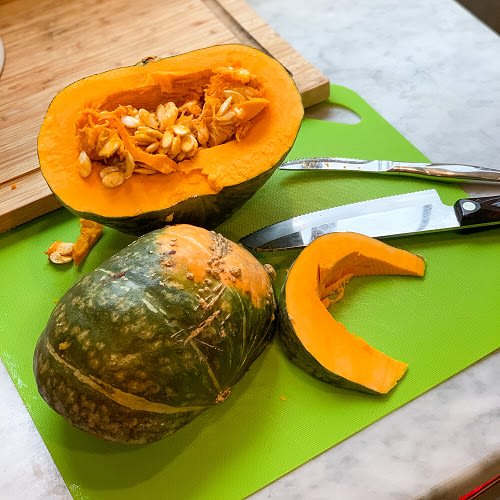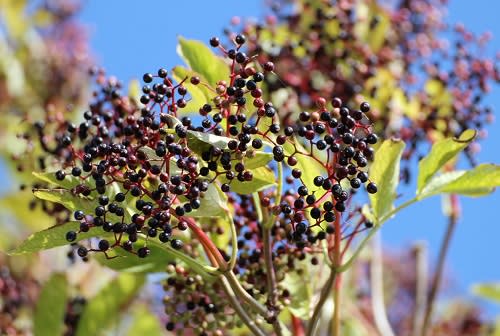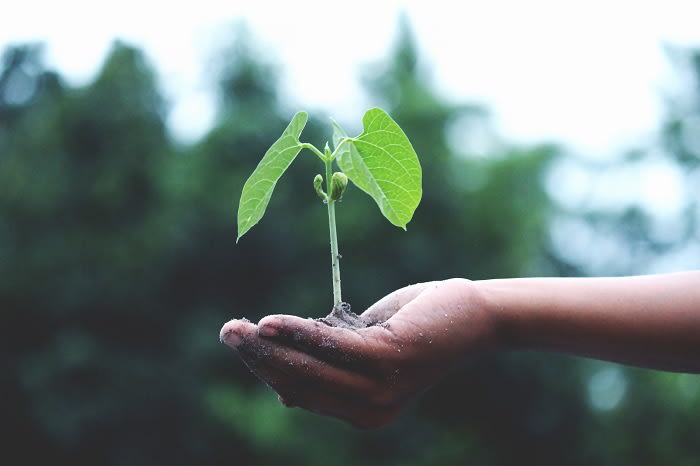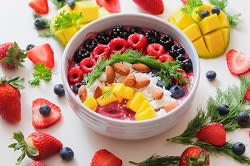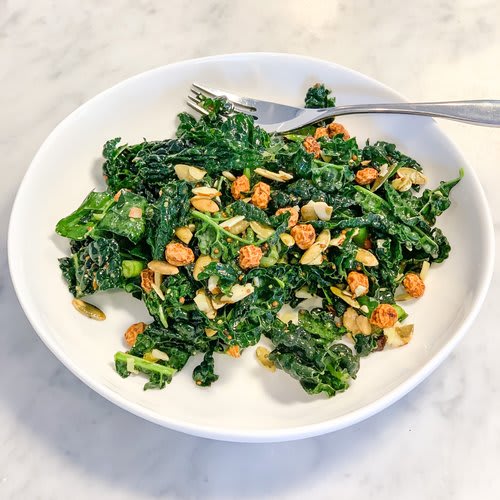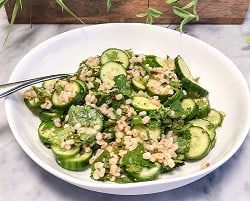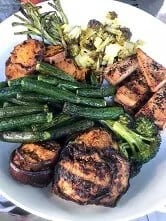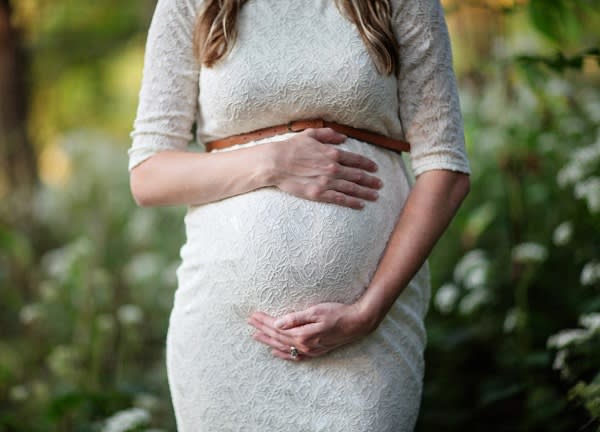By Dr. Danielle E. Greenman, Integrative Medicine
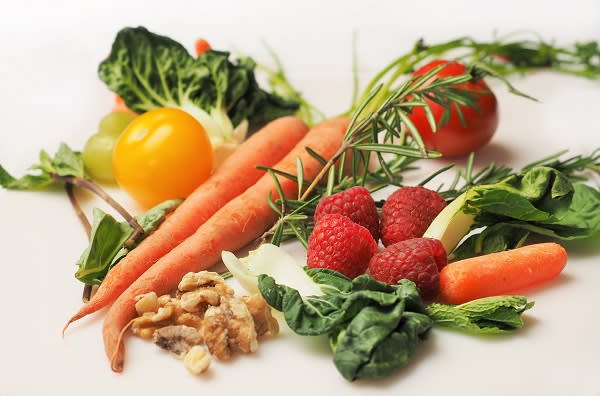
1. Keto, Peleo, low fat, low carb: how should you eat?
The best breast cancer prevention advice with the most amount of scientific evidence is to eat a diet rich in vegetables, limited in carbohydrates, and packed with healthy, mostly plant-derived fat. When you look at your plate, can you see the rainbow? Is ¾ of the plate plants? Challenge yourself to get as many colors on your plate as possible with each meal. It’s less about individual foods and more about an overall pattern. The more colors on your plate, the better. These colors represent the active compounds in plants called phytochemicals, which are largely responsible for the positive health benefits of fruits and vegetables. These chemicals are stronger and more active together than individually, meaning 1+1 = more than 2!
2. But what about vitamins and supplements?
In certain situations, and if your doctor advises, adding supplements to your lifestyle can be beneficial. However, the bottom line is this: it doesn’t matter what supplements you add to your regimen if the base foundation is not there.
Book Your 3D Mammogram Today
For more information and to schedule an appointment, click below.
Book Appointment
3. Which specific foods should I emphasize to reduce the risk of breast cancer?
-
-
- Fish, fish oil and flax: These fats are high in omega-3 fatty acids. When researchers looked at this anti-inflammatory fat, they saw omega-3 can lower a woman’s risk of breast cancer. Eating two servings of cold water fish like wild-caught Atlantic salmon, is a great way to get the needed omega 3s into your diet. Flax is another plant-based fat that is high in lignans. Lignans act as phytoestrogens, or nature’s very own estrogen.
- Olive oil and nuts: Olive oil is a monounsaturated fat and shows risk reduction for breast cancer when incorporated into a healthy diet.
Soy: Soy is also a phytoestrogen, rich in phytochemicals called isoflavones. These chemicals, partly block estrogen receptors in the body. When choosing soy, pick whole and organic soy products vs. processed. - Broccoli, kale, Brussels sprouts, and bok choy: These dark, leafy greens are also known as cruciferous vegetables. They contain several phytochemicals including sulforaphane, flavones, and indole-3-carbinol. These chemicals effect estrogen levels, potentially reducing breast cancer risk. Don’t be surprised if you notice a little belly bloat as you increase these beautiful veggies in your diet. It’s normal and healthy!
- Onions, garlic, mushrooms, strawberries, raspberries, spinach, Swiss chard, asparagus and turmeric. These foods are packed with additional phytonutrients that work with the above foods to give you a well-balanced, cancer-fighting diet!
-
4. Now you have a shopping list, but what foods should you avoid?
The best evidence-based breast cancer prevention tip I give to patients is to avoid charred meats, pickled, smoked, and salt-cured foods, processed carbohydrates (anything that comes in a package) and processed meats. Eat animal protein sparingly during the day. When choosing meats, try for organic, grass-finished meats to avoid additional environmental exposures. Look at your label and avoid processed soy products, listed as “isolated soy protein” or “textured vegetable protein.” Most importantly, avoid excess: excess alcohol and excess calories.
5. How often should I eat?
The fastest way to decrease your risk for not just breast cancer, but any disease, is an intermittent fast. When we eat, our body responds by releasing hormones, which lead to fat deposition. This fat, called adipose, is a major source of estrogen in the body. When we eat fewer calories or limit the time period in which we eat our calories, we decrease hormones like insulin, cortisol, thyroid hormones and sex hormones. Down the line, this turns on and off genes, which can reduce cancer incidence. I recommend a 12-14 hour fast. Studies show that a 13 hour fast reduces your risk of recurrence of breast cancer. If you finish dinner at 6pm, your next bite of food should be between 6-8am.
Remember, even the smallest changes can help set you in the right direction in fighting breast cancer and other types of cancer. Start with small steps like adding an extra color to your plate, avoiding the muffin in the cafeteria, or the overnight fast.
Featured Expert/ Author





